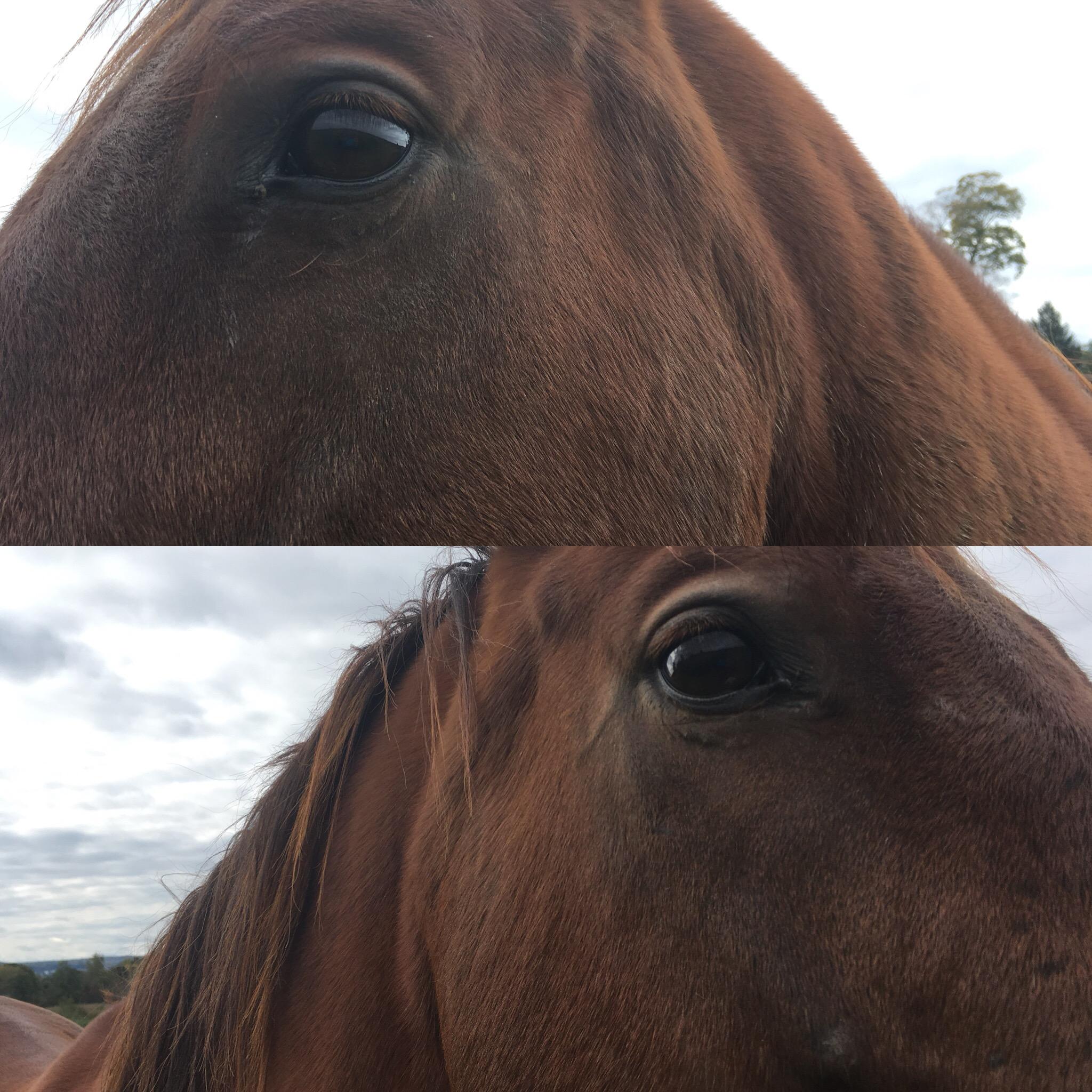
‘OMG, What Happened To Your Face?’ Grass Mumps HORSE NATION
Apr 20, 2012. #15. Yes, at first sign of the swelling, restrict their grass intack and hang their feed bin up on the gate, or tie a haynet up so that they have to lift their heads for that. That way their heads are not just down, but up for the hard feed and hay net.

‘OMG, What Happened To Your Face?’ Grass Mumps Eventing Nation ThreeDay Eventing News
Parotiditis: this is a swelling of the salivary glands. When these swell, they are sometimes referred to as grass mumps. Neoplasm: whether a benign cyst or malign cancer, it is possible we can find a neoplasm on one or more lymph node. Other infection: if the horse has an infectious disease, it can cause the lymph nodes to swell.

GRASS MUMPS/ GRASS GLANDS If... Equine Remedial Services
Horse Allergy? (Grass Glands?) #124252. Asked April 29, 2013, 12:08 PM EDT. I had a woman call - she has a young horse who gets an allergic reaction in the parotid salivary glands (they swell out) every spring when he goes out on pasture. By mid-summer he is fine. Also when he is kept in the barn on hay he is fine.
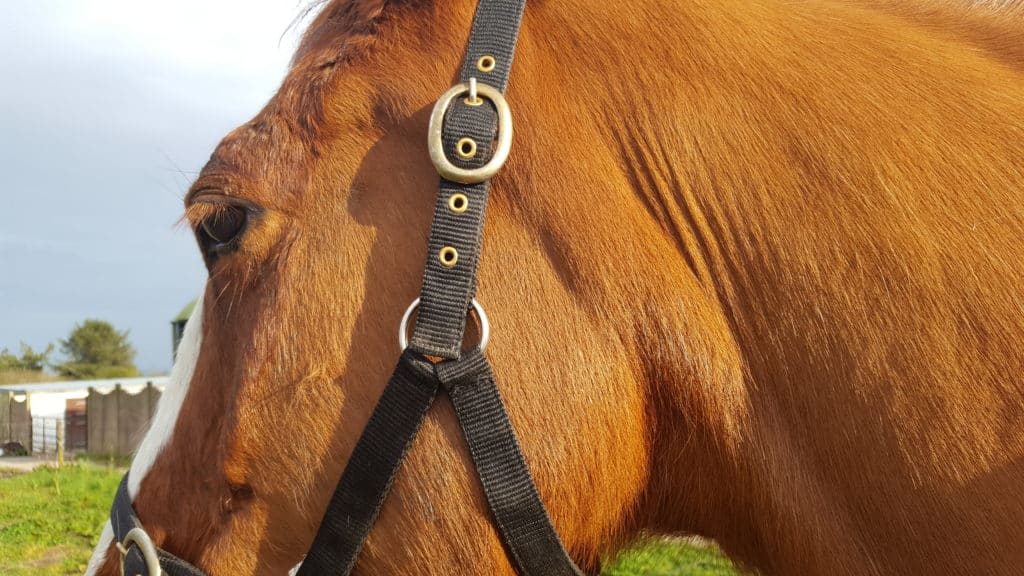
What Are Grass Glands and Are They Dangerous to Your Horse? Irish Sport Horse Magazine
Grass glands or grass mumps is the term coined when grass causes those salivary glands to work overtime. Something worse, like strangles. This highly contagious condition involves all sorts of swollen glands that can actually rupture. It's accompanied by a fever and nasal discharge.

‘OMG, What Happened To Your Face?’ Grass Mumps HORSE NATION
Grass sickness in horses is a disease affecting all breeds of horse and non-domestic Equidae in Europe. The vast majority of the case occurs in the UK, particularly in Scotland. Younger horses are more commonly affected.

Horse Journal July 2011
Basically the Grass Glands/Grass Mumps are a result of swelling of the Parotid Salivary Glands (Parotiditis), which are located in the area just below the ear along the jaw line, where the throat lash will sit. They are usually soft and not painful and don't seem to bother the horse. Grass Glands are Swelling of the Parotid Salivary Glands

Feeding a Grass Kept Horse
When working with horses, I always check the parotid glands. I notice that the majority of (rehabilitation) horses have swollen parotid glands to some extent. When I ask the owner/rider about this is usually get either one of these answers 1) I haven't really noticed 2) He/she has always had it, it's no big deal 3) It's something that started in the last couple of weeks/months It is.
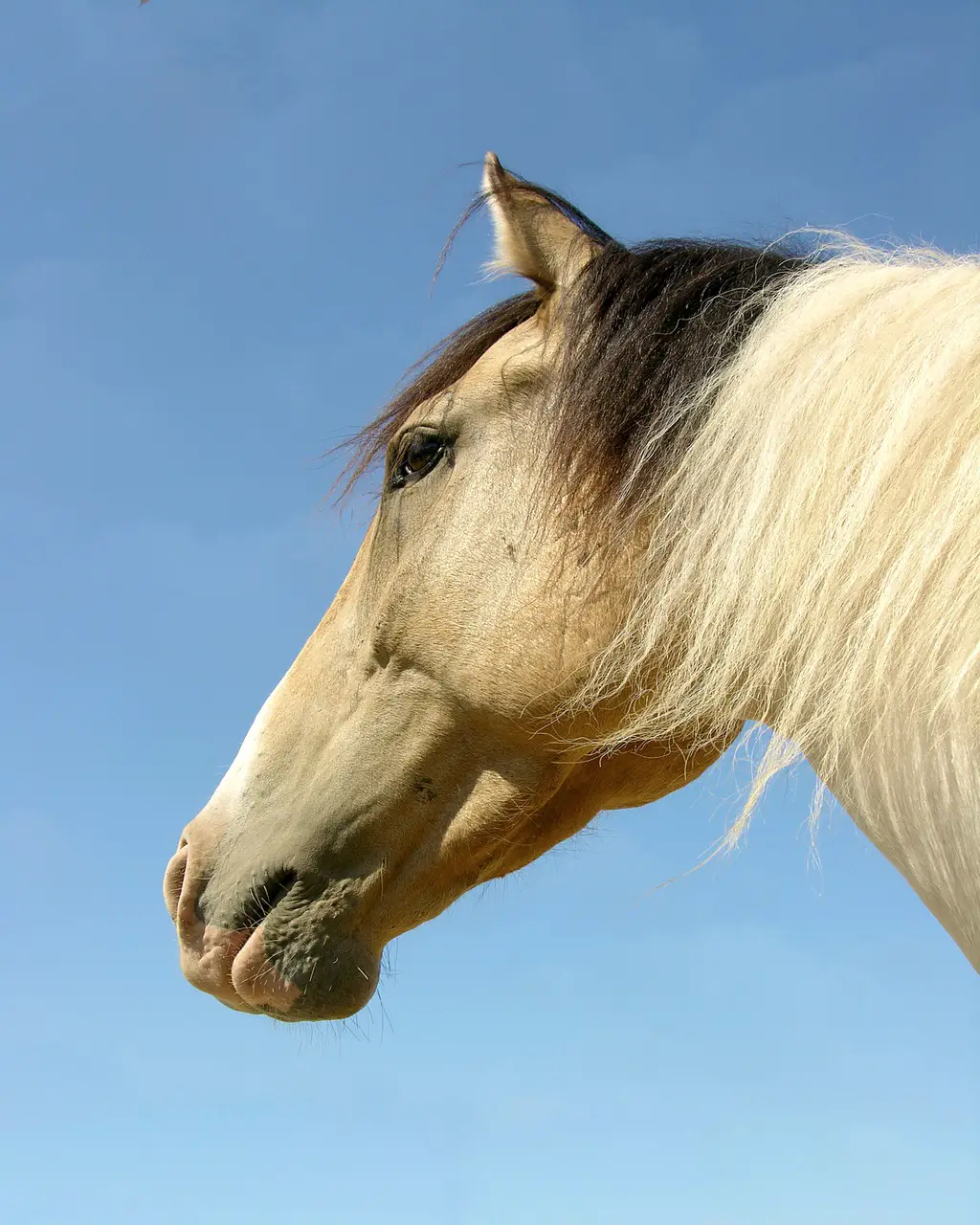
Jaw Swelling in Horses Strangles or Grass Mumps? Just for my Horse
One argument is that the horse's body sees the feed as foreign and this triggers a type of immune reaction which causes the blood vessels to leak fluid. Another is that the protein level in some grass is relatively low, so there is some dilution effect. Others think that the feed may be too rich and this results in fluid being retained.
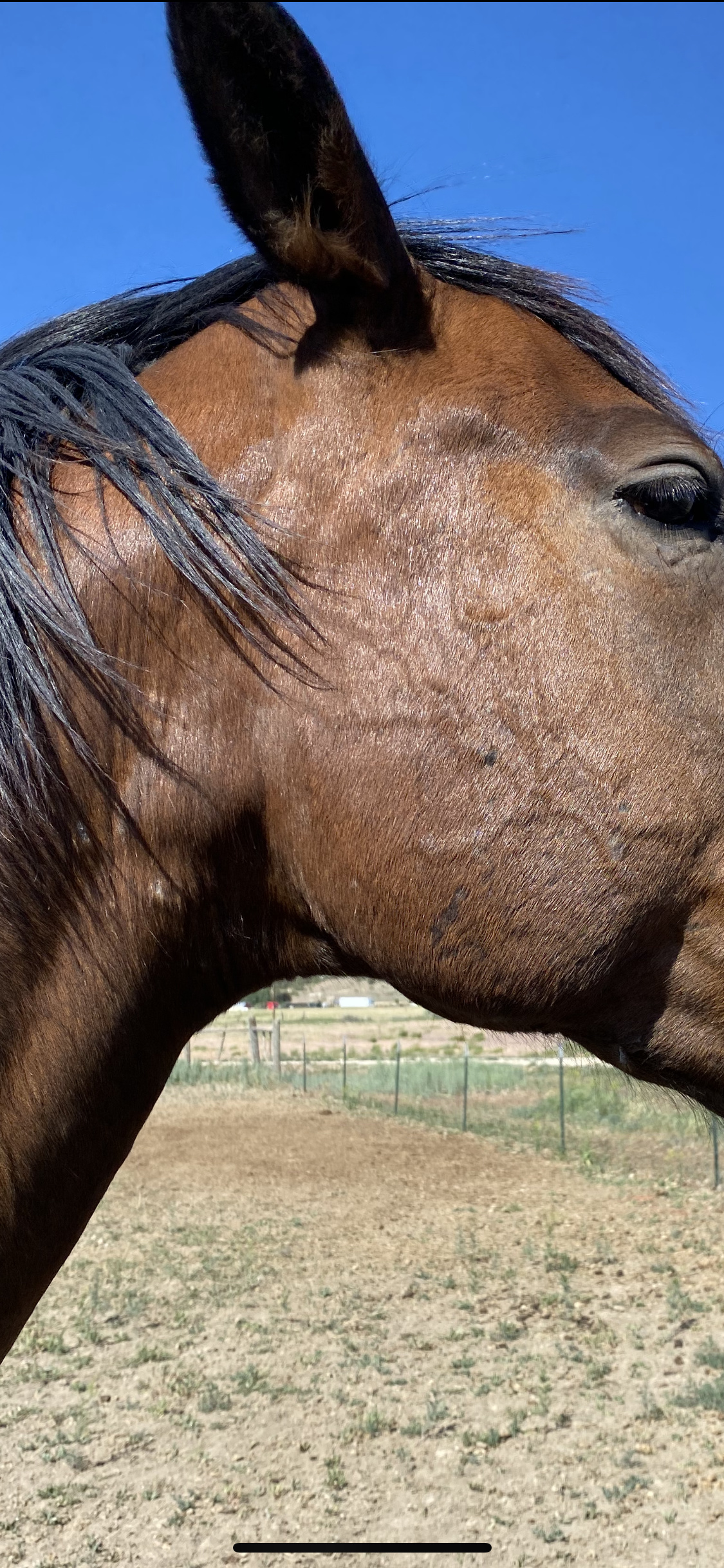
Grass glands Horse Care Chronicle Forums
Disease caused by Streptococcus equi in horses, commonly referred to as strangles, was reported by Jordanus Ruffus in 1251. Although the official name of the causative agent is S. equi subsp. equi, we have decided to use the descriptive term S. equi throughout the consensus statement based on its widespread usage in the scientific literature. Strangles is a costly, worldwide, highly infectious.

Grass sickness in horses Horse & Hound veterinary library
Horse Health Swelling / bumps on the jaws Jump to Latest Follow 465 views 5 replies 6 participants last post by stevenson May 15, 2023 P Pernille810 Discussion starter 1 post · Joined 2023 #1 · May 15, 2023 Hi all. My Young Horse (3 years) have developed this swelling within the past week. It is not sore or warm.
What the Muck Is That? HORSE NATION
"Unlike strangles, grass glands or grass mumps most commonly are due to a swelling of the parotid gland, not the submandibular lymph nodes," noted Crandell. The condition is widely believed to be an allergic reaction; however, the cause remains elusive. Theories include exposure to new, spring grass or sugar-rich grass or pollens.

‘OMG, What Happened To Your Face?’ Grass Mumps HORSE NATION
Grass Glands or "Grass Mumps" are nicknames for the swelling of the Parotid Glands, which are the horse's largest Salivary Glands. The technical term for inflammation of the Parotid Salivary Glands is called Parotitis, or Parotiditis.
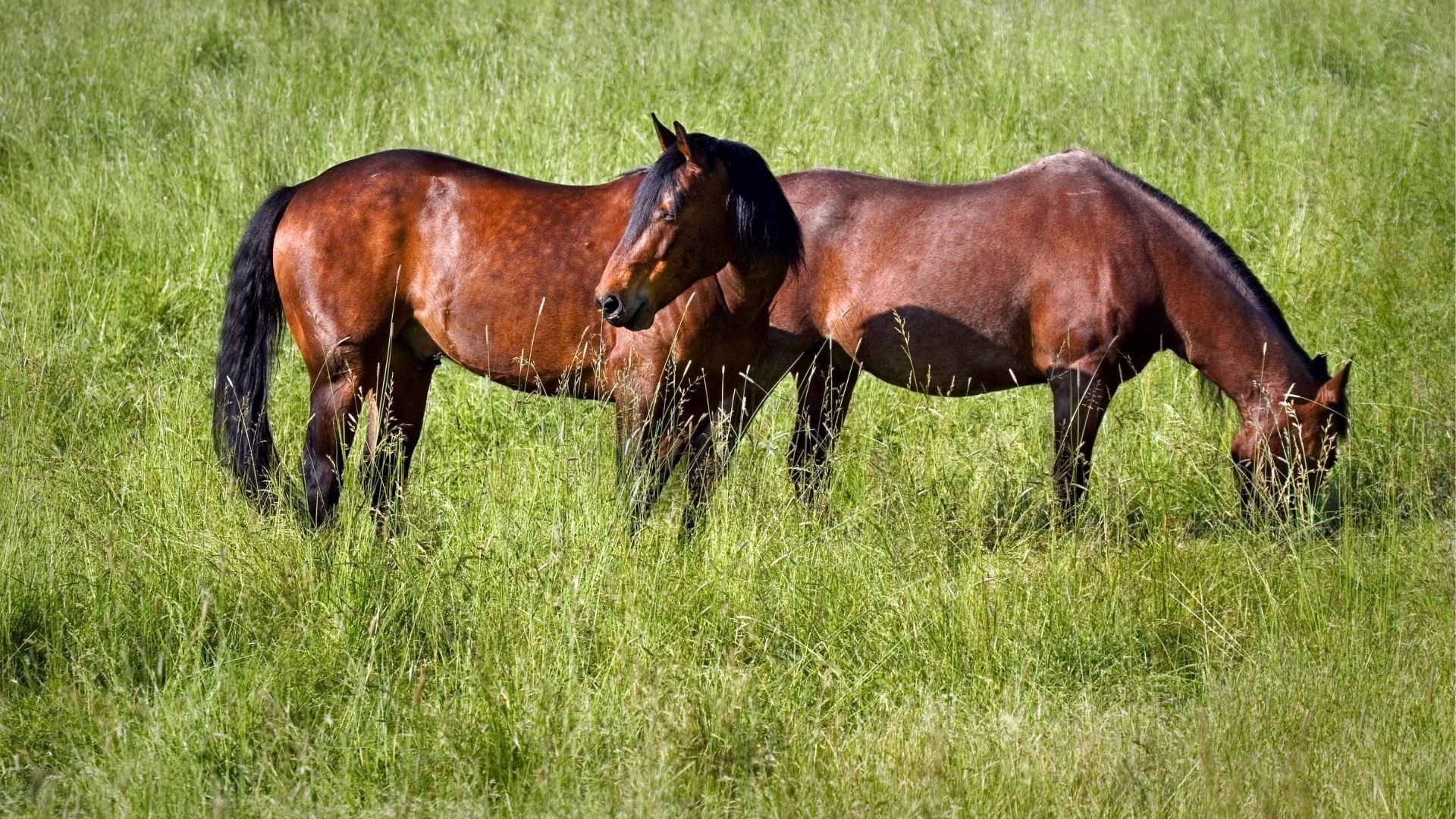
Grass For Horses Why It's Essential And The Different Types.
Yes, it's a real thing — poorly explained in most veterinary literature, and rather mysterious in cause, grass mumps (sometimes called grass glands) are swellings of the parotid gland, located below the ear and behind the cheek.
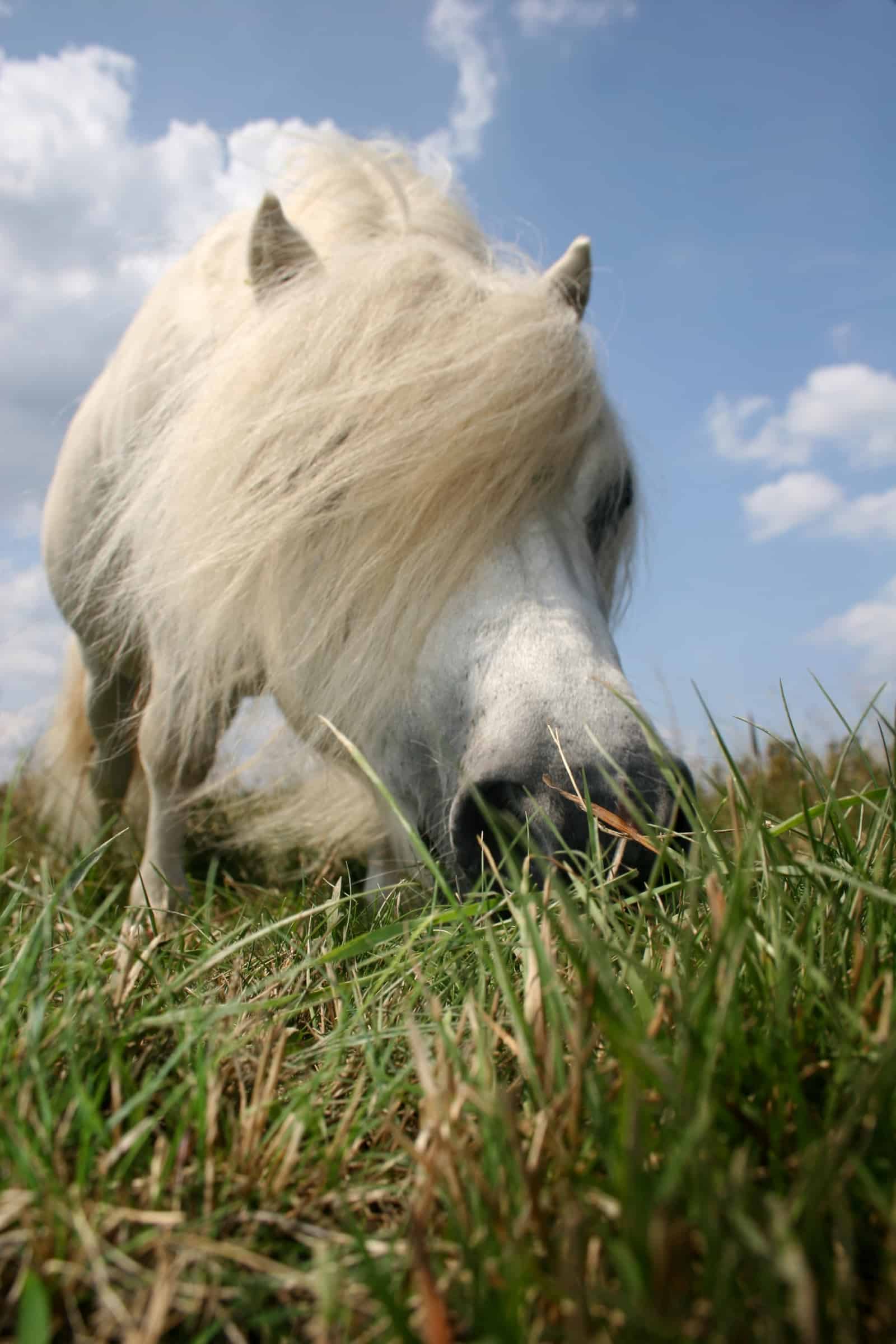
Remember Lush Green Grass Could Be Harmful to Horses The Horse
It is common about this time of year in greedy neds. They stuff their faces with grass morning, noon and night and their poor salivary glands have to work overtime and become swollen. It's nothing to worry about, just keep an eye on his weight. He is very greedy, but thankfully is also a thoroughbred! 6 April 2011.

My Horse Has Swollen Lymph Nodes Strangles in Horses
GRASS MUMPS. Cause:It's widely believed that Grass Mumps (parotiditis) is an allergic reaction caused by exposure to sugar-rich grass or pollens. Symptoms: Affected horses present with swelling in the parotid salivary glands that sit behind the jawbone. Glands will often swell while the horse is at pasture, with swelling reducing once off.
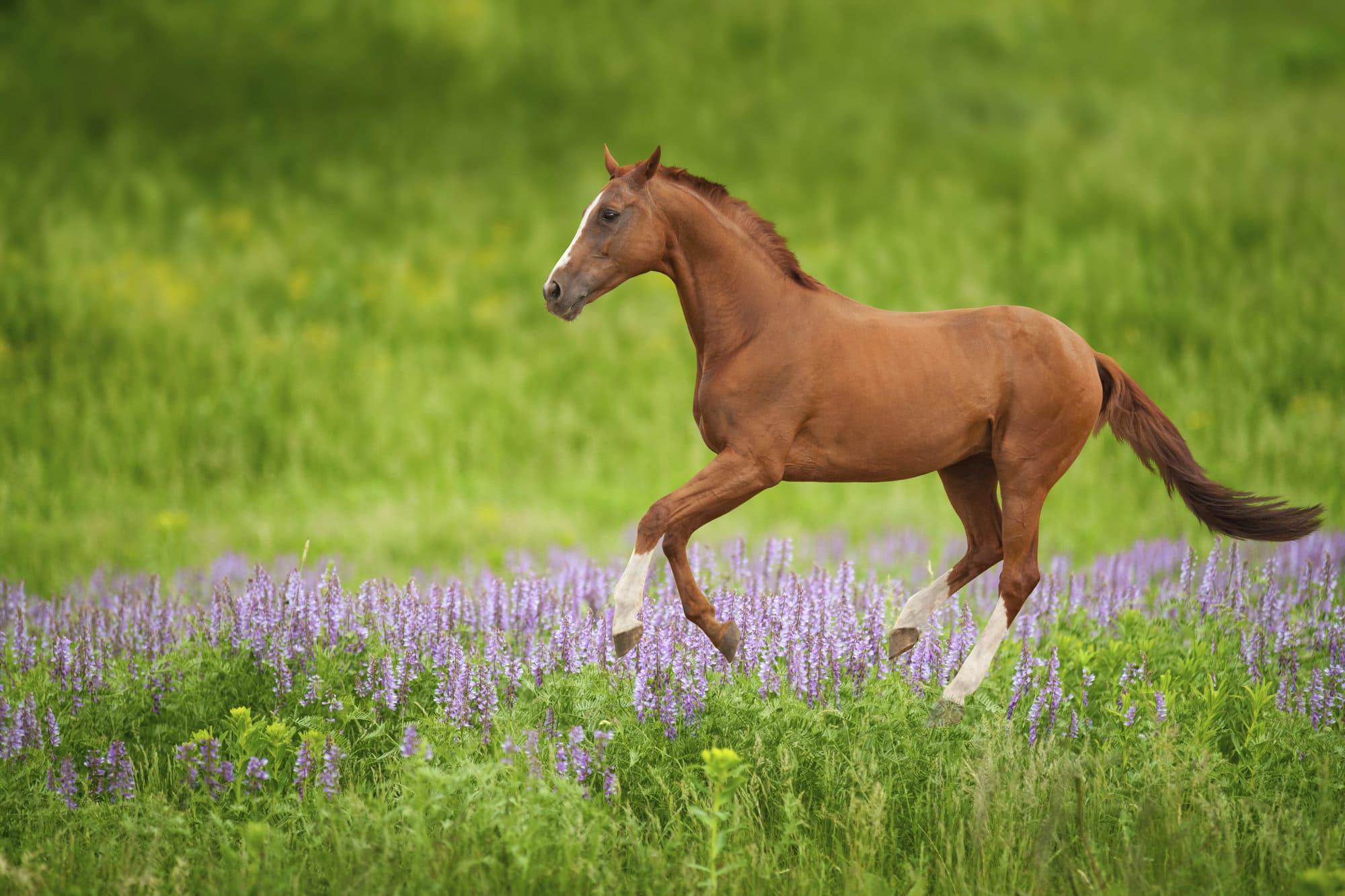
The link between spring grass and laminitis Horse Health Programme
Synonyms: Grass Glands, Grass Mumps Summary The normal parotid salivary glands are large, lumpy-feeling glands that lie right behind the jaw bones, in a vertical line from the base of the ear to the jugular groove. In grazing horses, these glands may become obviously enlarged, a condition known as parotiditis.